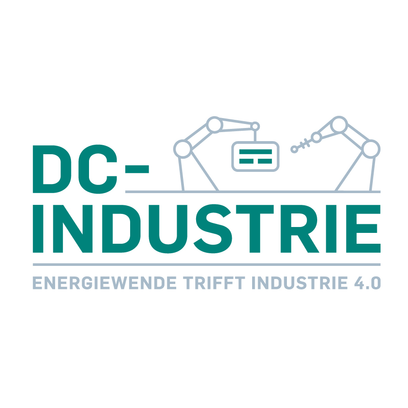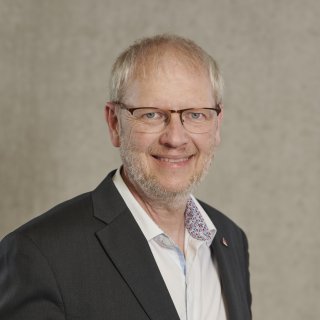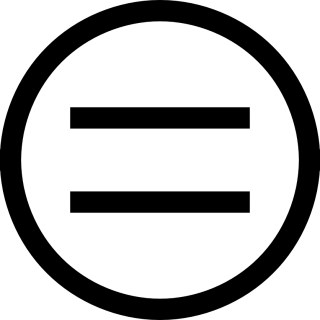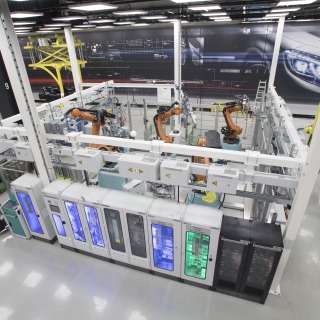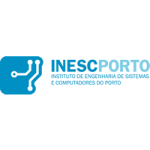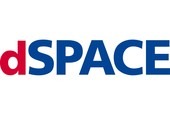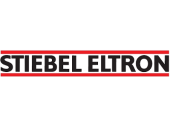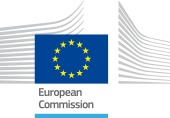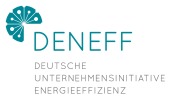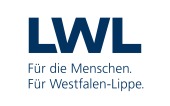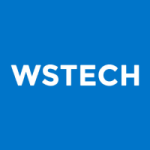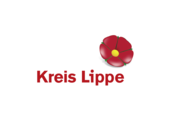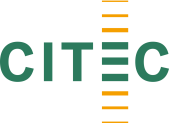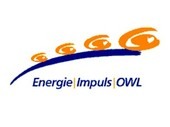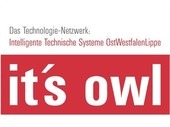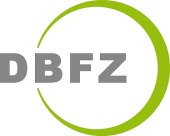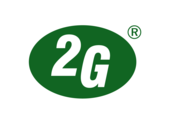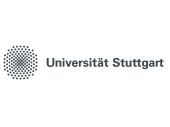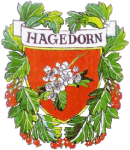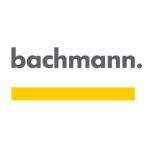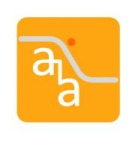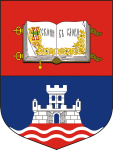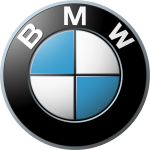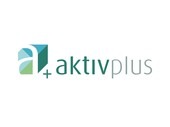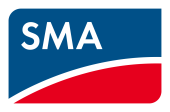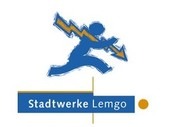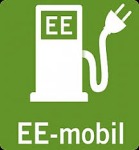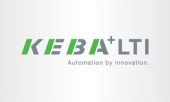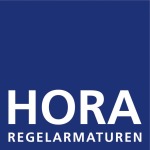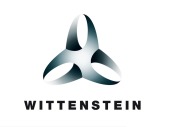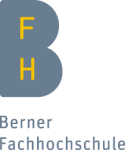DC-INDUSTRIE geht in die zweite Runde: Nachfolgeprojekt endlich gestartet!
"Direct current for the factory of the future" - with this principle, the research project "DC-INDUSTRIE 2" started on October 1, 2019, in which the potential of direct current technology for industrial production plants is to be examined. DC-INDUSTRIE2 connects directly to the very successful DC-INDUSTRIE research project, which focused on the development, adaptation and testing of power electronics devices for the supply and protection of DC networks in production cells as well as methods for their robust operation. In phase 2, the DC network is to be expanded into an intelligent DC network for a production hall or a large-scale process plant.
“DC technology has many advantages that can be used to meet the requirements of a modern, intelligent industrial power supply network. For example, new energy generation systems such as photovoltaics or energy storage can be integrated very easily, since they generate a DC voltage anyway. System availability also increases because a DC network can react flexibly to faults in the upstream AC supply network. A DC grid can even actively support the AC grid; this grid usefulness is particularly important in the case of weak grids or where there is a high proportion of decentralized energy producers such as photovoltaics,", reports Prof. Dr. Holger Borcherding, the scientific director of DC-INDUSTRIE 2.
In terms of content, the project builds on the results of DC INDUSTRIE. An extensive system concept has already been developed here, which is now to be expanded for larger systems. “Openness and simplicity are particularly important to us. This was the key to success even in the previous project. We want everyone to benefit from the results, ”says Dr. Hartwig Stammberger (Eaton Industries GmbH) as overall project manager. With 35 industrial partners, 5 research institutes and the ZVEI (Central Association for the Electrical and Electronics Industry), which supports the project as part of its association activities with an industrial working group, DC-INDUSTRIE 2 is one of the largest collaborative research projects in Germany. The consortium would like to thank the Federal Ministry for Economic Affairs and Energy in particular, which supports DC-INDUSTRIE 2 as part of the 7th energy research program under the funding numbers 03EI6002A-Q, and the project management company Jülich for the content and administrative support of the 18 funded partners.
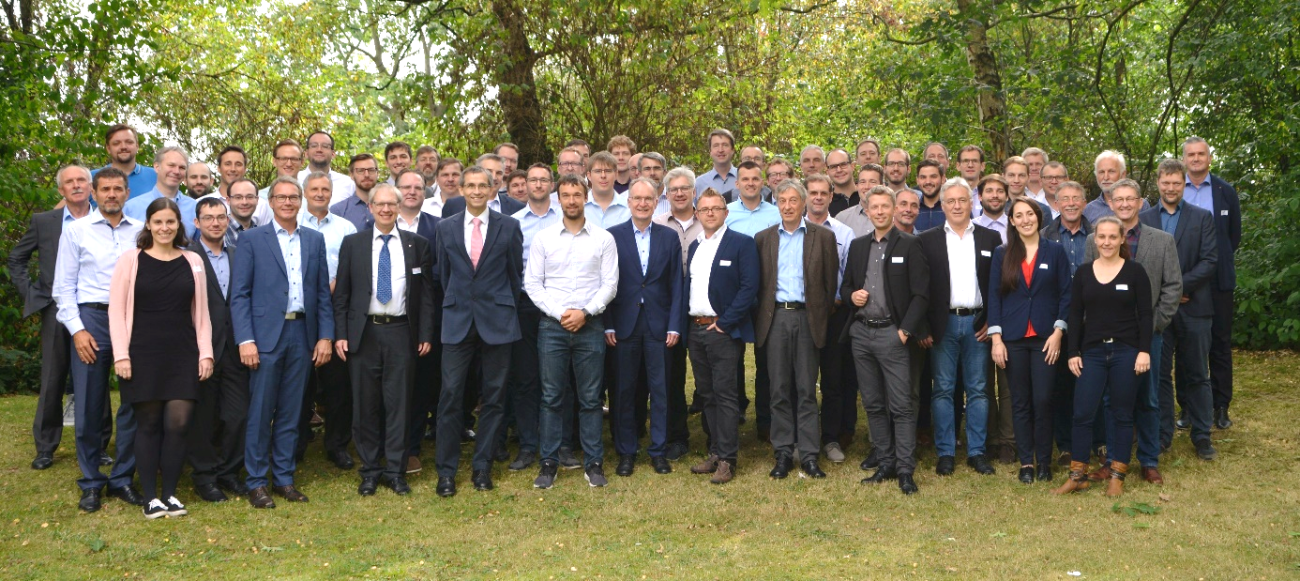
The 13 industrial alliance partners BLOCK, BMW, Daimler, Eaton, ETA, HOMAG, KEB Automation, LAPP, Lenze, LTI Motion, Phoenix Contact, SMA Solar Technology, Weidmüller together with the 5 research institutes Technische Hochschule Ostwestfalen-Lippe, Technische Universität Braunschweig, Fraunhofer IPA, Fraunhofer IISB, University of Stuttgart and the 22 associated partners ABB, AMK, Audi, Bauer Gear Motor, Bender, Danfoss, Dehn, ESR Pollmeier, Gerotor, Harting, JEAN MÜLLER, KUKA Germany, KUKA Systems, LEONI Kabel, LEONI Special Cables, Maschinenfabrik Reinhausen, Paul Vahle, Puls, Rittal, SEW-PowerSystems, Siemens and Wöhner are researching the industrial DC network of the future. Further information on industrial DC networks can be found at www.dc-industrie.de.
What are the tasks of the iFE in DC-INDUSTRIE 2?
In addition to Borcherding as scientific director, another five employees will work on the structure of the planned system concept for industrial DC networks in DC-INDUSTRY 2.
While Dr. Johann Austermann supports the overall project management on the one hand, while at the same time he is in charge of questions regarding the further development of the system concept (cf. DC-INDUSTRIE). In addition, he is responsible for the continuous maintenance of the further developed system concept. It is the task of Slavi Warkentin to set up a so-called transfer center, which will include several DC-powered drives. With this, any complex manufacturing system can be flexibly simulated and measured in realistic scenarios (e.g. voltages and currents from individual operating states). In addition to being used in the project, this system is also to be used for teaching and external training. Tim Stuckmann is entrusted with the construction of a DC-DC converter for high outputs, which is required for coupling DC networks with each other or for coupling with external systems (e.g. solar systems). While Patrick Spanier is responsible for the design tools for DC networks and the active charging circuit, Timo Roesler will build the necessary power supplies (24 V).
Of the total project volume in the amount of the iFE and the OWL University of Applied Sciences and Arts receive around 1.2 million euros.
Questions about the project can be directed to:
Spannende Informationen zum Projekt DC-INDUSTRIE und DC-INDUSTRIE 2 finden Sie unter folgendem Link:

